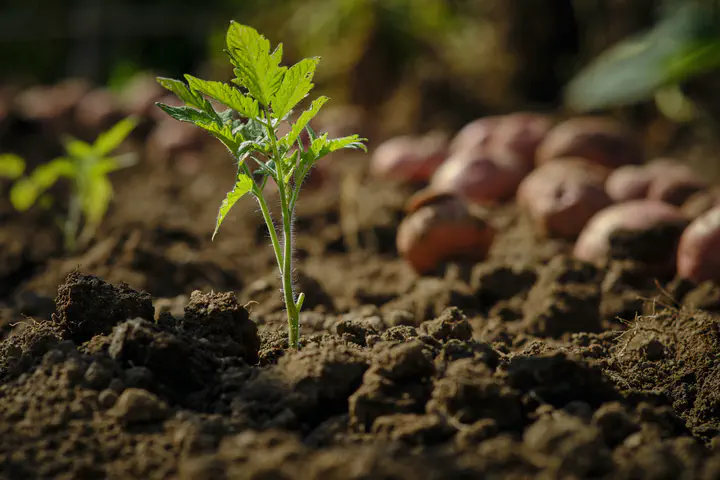Plant holobionts

We study plants as holobionts—integrated systems made up of the plant and its associated microbial partners—to understand how this collective unit responds to environmental challenges and shapes plant health, development, and evolution.
Plants do not exist in isolation—they live in constant association with a vast and dynamic community of microbes, including bacteria, fungi, and other microorganisms. Together, the plant and its microbial partners form a biological unit known as the holobiont. This concept shifts our view of plants from standalone organisms to integrated ecosystems, where the combined functions of the host and its microbiome determine overall performance.
Our research focuses on understanding how the plant holobiont responds to environmental stress, interacts with other organisms, and adapts over time. We study how different microbial communities influence plant growth, defense, and nutrient acquisition, and how the plant, in turn, shapes these communities. By viewing plants through this broader lens, we gain a more holistic understanding of plant biology—one that incorporates the invisible but essential microbial partners that co-drive plant success.
Recognizing plants as holobionts has profound implications for agriculture, ecology, and evolution. It allows us to design new strategies for crop improvement that enhance not just the plant, but the entire plant-microbe system. It also helps explain how plants adapt to new environments and why some thrive under changing conditions—offering insights that are increasingly important in the face of climate change and global food challenges.